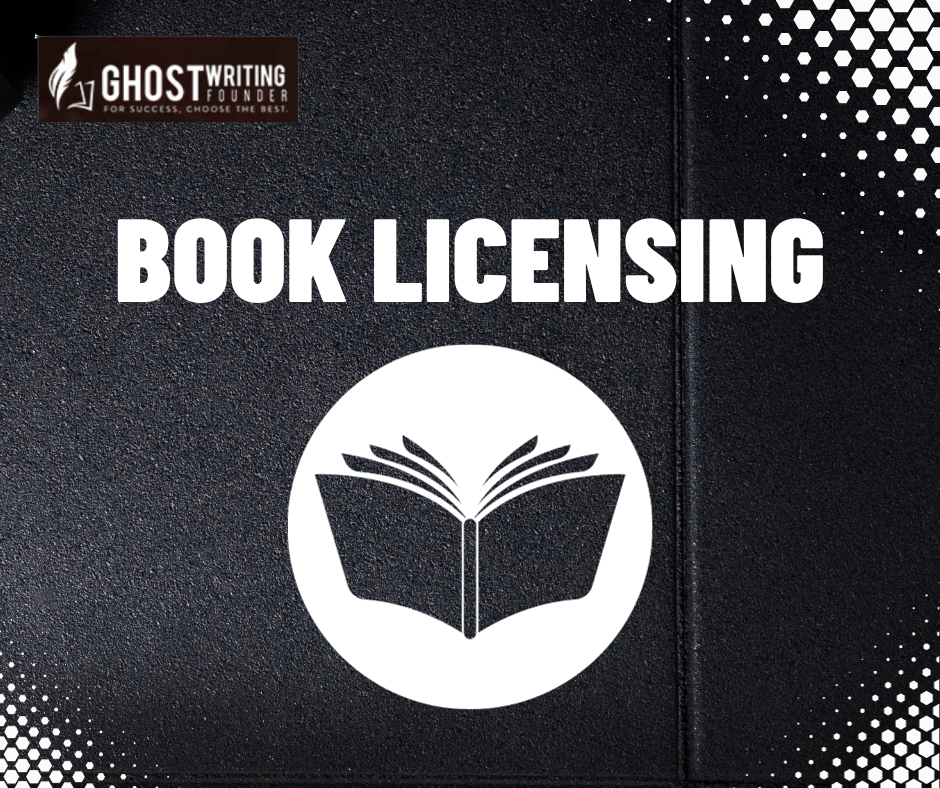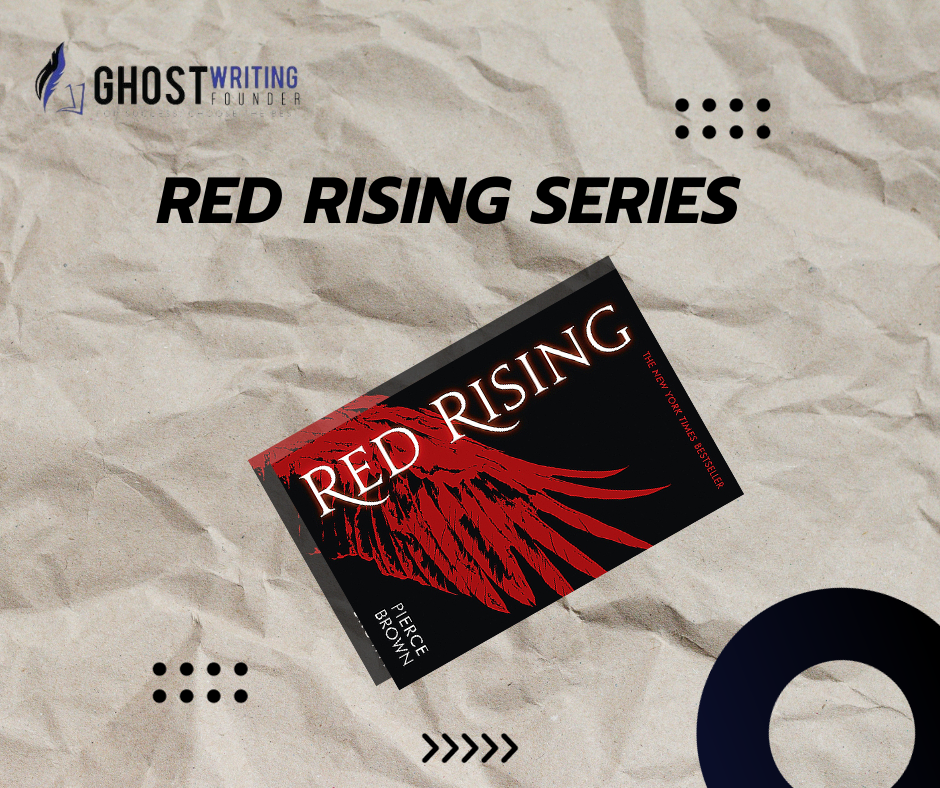
book writing
Book licensing permits the author to permit others to use their work. It allows others to use their work in specified ways. It’s a contractual agreement between the author and the licensee. The author retains the copyright but shares usage rights.
Importance of Book Licensing
Licensing protects authors from having their work stolen with your credit. It controls how their work is used and ensures authors get fair compensation. Licensing can also broaden the audience reach of a book. It’s essential for safeguarding intellectual property. Also, It enables authors to earn from different formats and mediums.
Steps to License Your Book
So, are you considering going for book licensing? No worries. Here’s a simple road map to start your journey.
Know Your Rights
Firstly, it’s essential or, say, the basic for authors to grasp their rights. You, as an author, have sole rights to your creation. It’s your privilege to reproduce, distribute, and adapt your masterpiece. Grasping these exclusive rights is foundational in the licensing journey. It’s about carving out your niche and asserting your ownership.
Identify Licensees
Secondly, look for entities or individuals resonating with your work. Seek publishers, movie makers, etc., keen on your book. These entities become your prospective licensees. It’s all about broadening your horizons, reaching out to those who see value in your work, and making connections that count.
Set Licensing Terms
Then, it’s time to lay down your terms. These include the license’s period, compensation, and permitted uses. Clarifying terms is a protective shield against potential discrepancies. It’s your way to safeguard your interests, keeping misunderstandings away.
Draft A Licensing Agreement
Moving forward, crafting a legally binding contract is mandatory. This document should summarize all terms and conditions of the license accurately. It is the foundation of your licensing transaction, framing the rules between you and the licensee. It’s about leaving no room for ambiguity and securing a foolproof pact.
Seek Legal Counsel
Lastly, engaging a legal advisor is essential. Navigating through legal jargon and protocols requires professional insight. Consulting a lawyer ensures your agreement is secure, keeping your rights intact. It’s a step towards ensuring your defences, making every legal strand is tight and right.
Types of Book Licensing
You’ll see various license types in the world of book licensing. Each one serves a distinct purpose, catering to different platforms and audiences. So, let’s have a look into these.
Subsidiary Rights
Let’s start with subsidiary rights. So, this license form lets others turn your book into different creations, be it movies, audiobooks, or cool products. It’s a gateway for your words to resonate with diverse audiences. It means your work isn’t just confined to pages; it gets a chance to live in varied formats, reaching hearts and minds across the globe, painting your narrative in assorted hues.
Foreign Rights
Then, we have foreign rights. So this is your ticket to international fame. It allows your book to travel, breaking language barriers and exploring territories. It brings your work to readers worldwide, giving it different perspectives. It’s like sending your book on a global tour, letting it dance to different cultural tunes, soaking in varied reader experiences.
Electronic Rights
Lastly, electronic rights. They bring life to e-books and audiobooks. It’s your way of riding the digital world, meeting readers wherever they are, and making your work accessible with a click. It’s about embracing modernity, letting your book echo in the online universe, and harmonizing with the tech-savvy symphony.
Benefits of Book Licensing
Revenue Growth
Firstly, licensing is a fountain of potential revenue. As a result, writers can enjoy the money they get from licensees. It’s not just about selling books; it’s an extra stream, a river that brings in money. It’s about harnessing every bit of your book’s potential, enabling you to reap monetary rewards beyond average sales.
Enhanced Visibility
Secondly, licensing is like a megaphone. It boosts your work and sends it to places you haven’t seen before. It’s a tool that takes your work to new areas, leading to more sales and attention. It’s about moving up the literary ladder, letting your words travel farther and louder, and making your character stronger in the literary world.
Brand Development
Lastly, licensing helps build a name. It helps you find your niche. It’s about strengthening your brand and showing your authorship in different ways in different areas. Also, It’s how your brand will grow over time, letting your name shine in different ways and strengthening your reputation.
Protecting Your Work
Protecting your work is very important. You need to safeguard your intellectual property diligently. Here are some ways to protect your work.
Register Your Copyright
Indeed, securing copyright registration is significant; it’s the legal armor for your creation. This step fortifies your claim, giving you the legal grounding to defend your rights vigorously. It’s like making your ownership unassailable and establishing a protective wall around your intellectual property.
Use Non-Disclosure Agreements
Arm yourself with non-disclosure agreements. These agreements are your confidentiality shield, ensuring your creative thoughts stay undisclosed and stopping any unauthorized expedition into your work. It’s like allowing your ideas to stay hidden and confined within trusted circles.
Monitor Usage
Scrutinize how your work is embraced; vigilance is the key. Consistent monitoring is a spotlight on licensees, assuring adherence to agreed terms. It’s your way of detecting any stray footsteps, maintaining the sanctity of your creative boundaries, and circumventing unofficial uses and trespasses.
Need Help with Licencing?
Indeed, seeking professional help is a wise idea. Professionals can help you with the licensing process. They ensure that your interests are protected. In the complicated world of book licensing and protection, professional like the Ghostwriting Founder help writers find their way.
Essential Elements and Detailed Insights
| Aspect | Details | Key Points |
|---|---|---|
| Book Licensing | A contractual agreement allowing others to use an author’s work in specified ways. | – Author retains copyright – Shares usage rights |
| Importance | Protects intellectual property, ensures fair compensation, and broadens audience reach. | – Prevents theft – Controls use – Expands reach |
| Licensing Steps | Includes knowing rights, identifying licensees, setting terms, drafting agreements, seeking legal counsel. | – Understand rights – Find licensees – Legal agreements |
| Types of Licensing | Subsidiary Rights, Foreign Rights, Electronic Rights. | – Diverse formats – International reach – Digital presence |
| Benefits | Revenue growth, enhanced visibility, brand development. | – Extra income – Wider reach – Stronger brand |
| Protecting Work | Register copyright, use non-disclosure agreements, monitor usage. | – Legal protection – Maintain confidentiality – Vigilance |
| Professional Help | Seeking professional assistance in the licensing process. | – Protect interests – Navigate complexities |
Conclusion
Indeed, book licensing is a vital aspect of authorship. Authors can direct their work, keep it safe, and profit from it. Understanding and utilizing licensing is essential for a successful writing career. And with clear terms and vigilant protection, licensing can be fruitful. Remember, licensing is more than just a legal formality. It’s a way to make your work more visible and valuable. It’s about making sure that your words connect with people all over the world.









Leave a Reply